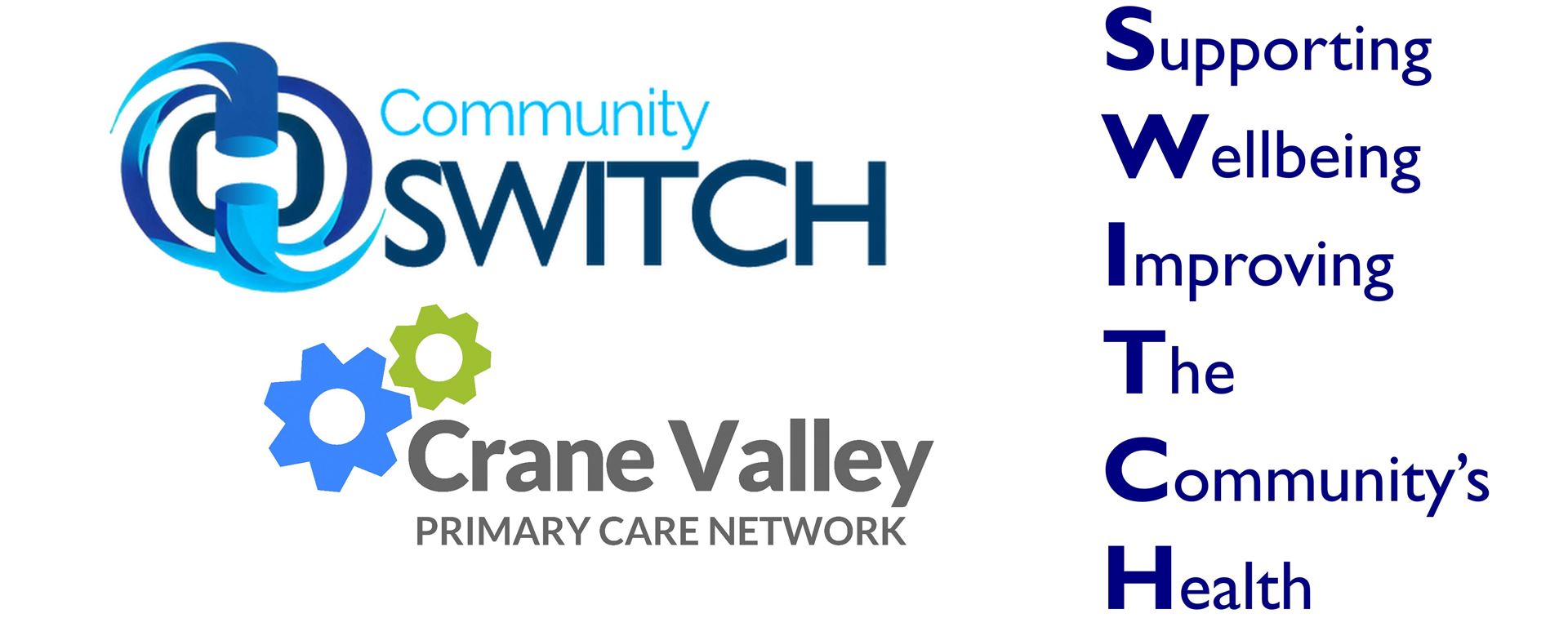Requests for Sedation Flight Anxiety
Practice Policy for requests of sedation/anxiolytic medication for flight anxiety
Policy Created : 4/11/2024
Authors: Dr A Polkinghorn/Dr N Garrett
People sometimes ask the doctor or nurse to prescribe diazepam, or similar drugs like lorazepam temazepam or clonazepam, for fear of flying or to help sleep during flights.
Recent guidance has highlighted the dangers of taking these medications when flying and for this reason Verwood Surgery will no longer be providing Diazepam or similar drugs for flight anxiety.
Prescribing these drugs is not recommended any more for these reasons:
- Although plane emergencies are rare, taking Diazepam reduces awareness and reaction times for patients so you risk not being able to react to save your life if you must escape quickly. You may also put other people in danger by getting in their way or making them help you.
- The use of these drugs can make you sleep in an unnaturally deep sleep. This means you won’t move around as much as during natural sleep, so you have a bigger risk of getting a blood clot (Deep Vein Thrombosis – DVT) in the leg or lungs. Blood clots are very dangerous and can kill. This risk is bigger if your flight is longer than 4 hours.
- They have short term bad effects on memory, co-ordination, concentration, and reaction times, and are addictive if used for a long time, with withdrawal leading to fits, hallucinations, agitation, and confusion. They have also become widely used drugs of abuse since they first came on the market. Diazepam in the UK is a controlled drug. The prescribing guidelines doctors must follow say that that use to treat short-term ‘mild’ anxiety is inappropriate. They are only to be used short term for a ‘crisis in generalised anxiety’. But if you are having such a crisis, you are not likely to be fit to fly. Fear of flying in isolation is not a generalised anxiety disorder.
- Some people get agitated and aggressive after taking diazepam and similar drugs and behave in a way that they would not normally, which can pose a risk on the plane. This affects everyone’s safety and could get you into trouble with the law. A similar effect can be seen with alcohol, which has led to people being removed from flights.
- There is evidence that use of these drugs stops the normal adjustment response that would gradually lessen anxiety over time, and may increase anxiety in the long term, especially if used repeatedly.
- Diazepam and similar controlled drugs are illegal in several countries. They may be confiscated, or you may find yourself in trouble with the police.
- Diazepam stays in your system for some time. If your job or sport requires you to have random drug testing, you may fail this having taken diazepam.
- It is important to tell your travel insurer about your medical conditions and medications you take. If not, there is a risk of your insurer not paying if you try to make a claim.
In summary, GPs are guided by principles of patient safety, appropriate medical practice, and ethical considerations when deciding against prescribing drugs for the fear of flying. They often focus on non-pharmacological interventions and proper management of underlying conditions to ensure the well-being of their patients.
Please try one of these aviation industry recommended flight anxiety courses.
Fly And Be Calm™
Fly And Be Calm™ is an instant download and comes with a money back guarantee (Guarantee does not apply to app versions).6 MP3 tracks which include instructions, the fear removal tool and two hypnotic tracks.
Visit the website: www.flyandbecalm.co.uk
The least expensive option, takes very little time, works on the root cause of your problem. If you are not 100% happy you can get a full refund.
Easy Jet
British Airways
www.britishairways.com/content/information/travel-assistance/flying-with-confidence
Virgin Atlantic
Download and view a copy of this Policy by following this link>>
Page created: 26 February 2024
